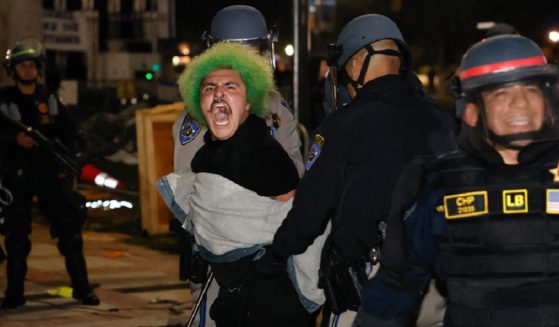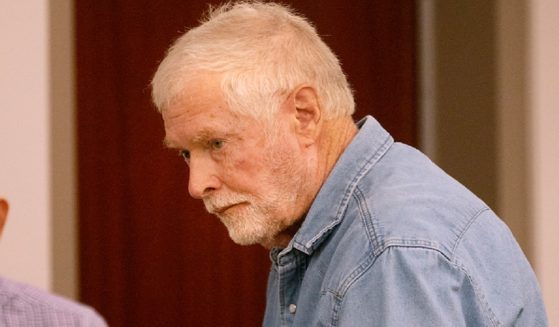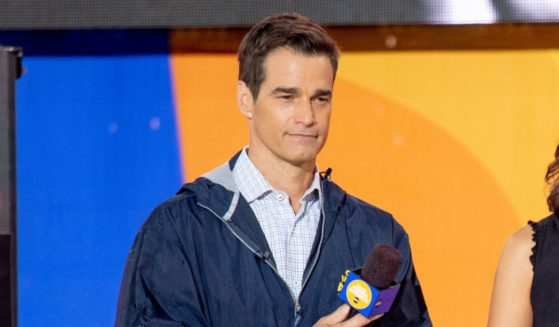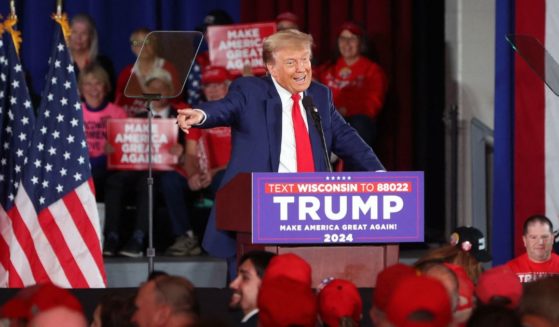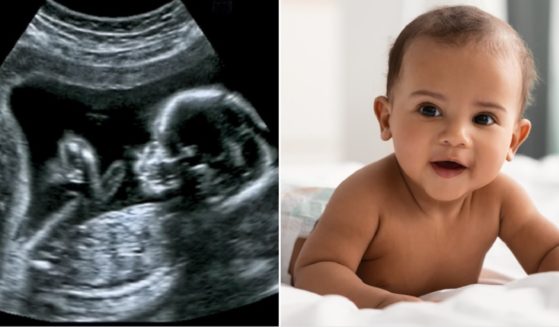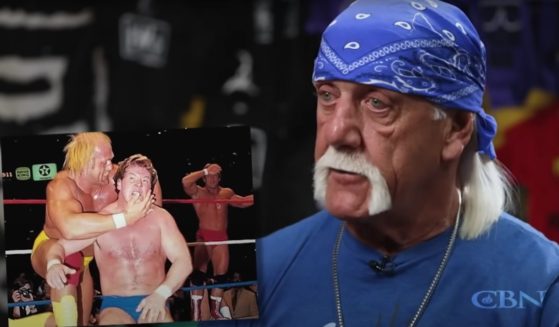Maricopa County Blames Printers for Election Chaos, But the Manufacturer Is Saying Not So Fast
The manufacturer of a large percentage of the ballot printers used in Maricopa County in November’s election took the county to task for trying to shift blame regarding the chaos that occurred on Election Day.
A 2022 General Election Internal Review, dated July 26, identifies the OKI ballot-on-demand printers malfunctioning at many of the 223 vote centers operating in the county on Election Day as the primary culprit, with other issues, including the size of the print image projected on the paper, also contributing to the Election Day problems.
In a Friday email to The Western Journal, a representative from the Maricopa County Elections Department said that 72 percent of the polling locations had OKI printers, 25 percent had Lexmark printers, and 3 percent had both types.
The county’s report stated that between 32 and 34 percent of the ballots printed on Election Day were unable to be read by the tabulators at polling locations due to various issues related to the ballot-on-demand printers, but primarily due to the thickness of the paper used.
Hours-long lines developed at many of the polling sites as tabulators could not read the ballots being printed.
Republican National Committee lawyer Mark Sonnenklar testified at 2022 Arizona GOP nominee Kari Lake’s election challenge trial in December that his team of roving attorneys on Election Day found these problems occurred in 132 locations, or about 59 percent in all.
The county put the figure at 70 locations last fall, according to The Washington Post.
Given that Republicans typically vote 3-to-1 over Democrats on Election Day and the 17,000 votes separating Lake and Democrat Katie Hobbs, Sonnenklar testified, “There’s no question in my mind that had there not been tabulator issues at 132 vote centers, this election would have ended up with Kari Lake winning.”
🚨 Bombshell Testimony from Election Day Attorney 🚨
“There’s no question in my mind that had there not been tabulator issues at 132 vote centers, This election would have ended up with @KariLake winning.”
Help FUEL our Legal Team:https://t.co/n3390q4MVM pic.twitter.com/Sxa059aM52
— Kari Lake (@KariLake) December 21, 2022
The county’s 2022 General Election Internal Review findings regarding the OKI printer problems mirror what former Arizona Supreme Court Justice Ruth McGregor concluded in a report she submitted to the county in April.
VoteBeat’s Jen Fifield reported McGregor had been hired by the Maricopa County Attorney’s Office to conduct an independent review of what happened on Election Day.
Maricopa County has maintained that there was nothing that should have signaled some of its ballot printers would fail on Election Day in Nov, causing widespread problems.
But the company that made the printers say the risk was clear.
A 🧵, and story: https://t.co/I48VxgVYWr
— Jen Fifield (@JenAFifield) July 27, 2023
“Based on our tests, and for the reasons described in this report, we concluded that the combined effect of using 100-pound ballot paper and a 20-inch ballot during the 2022 general election was to require that the Oki B432 printers perform at the extreme edge of their capability, a level that could not be reliably sustained by a substantial number of printers,” the McGregor report said.
OKI responded to the report in a May letter to Maricopa County Attorney Rachel Mitchell, writing, “OKI was disappointed that we were not contacted during the investigation, or prior to the public release of the report, to provide our input and feedback regarding the printers’ performance during the election.”
“We strongly believe that common sense and reason dictated that, during the investigation, the investigation team should have requested an interview from the manufacturer to address the alleged printer performance failures by that manufacturer’s printers,” the letter continued.
OKI took issue with the following statement from McGregor report: “Despite the assurances of the manufacturer, many of the Oki B432 printers were not capable of reliably printing 20-inch ballots on 100-pound paper under election-day conditions.”
OKI explained that its manual clearly states the printer, as it was configured on Election Day, would only work for up to 80-pound paper. Therefore, the 100-pound paper the county utilized on Nov. 8 was “well out of spec for both the multipurpose tray and cassettes.”
The letter continued, “As a result, it seems that the true underlying cause of the election issues was human error in the use of 100 lb. paper without reviewing the manual and/or confirming with OKI that such use was within the specifications of the OKI B432 printers.”
🚨CAUTION: This thread is only for people who really want to go DEEP, like… into printer manuals.
Let’s go back to Nov. I was looking into what happened & found this in printer manual:
“For duplex printing: Paper weight 60 to 120 g/m2”
That’s up to 80 lb. County’s was 100 lb pic.twitter.com/Ue024ZINgJ
— Jen Fifield (@JenAFifield) July 27, 2023
“Had the County consulted OKI prior to such use, the design specifications would have been discussed and alternatives could have been explored,” company said.
OKI concluded, “Your report is not only riddled with factual inaccuracies, but it can now be used by OKI’s competitors to discredit and create doubt in the minds of other election officials that rely on OKI printers, causing great harm to OKI as it continues to serve this important key market.”
Mitchell wrote back to OKI on June 1, explaining that she didn’t see the McGregor report as “placing blame” on the printers, “but rather that “the Election Department unwittingly pushed its Oki B432 printers to the limits of their ability.”
Mitchell also sought to downplay the Election Day problems, recounting that only 16,724 ballots could not be tabulated at polling places due to printer issues of the about 250,000 ballots cast on November 8. They were later counted at the central vote processing facility in downtown Phoenix, she added.
Mitchell acknowledged that voters were “inconvenienced” by the tabulator/printer issues. “But it is incorrect to suggest, as some have, that there was a massive failure of printers at vote centers,” she wrote.
The county attorney also refuted OKI’s assertion that the manual made clear that 80-pound paper was the maximum that could be used, saying under custom settings, like the county employed on Election Day, about 110-pound could be used.
OKI wrote back to Mitchell on July 10, reiterating that 80-pound paper was the maximum that could be used for duplex printing (printing on both sides of the paper), saying “a more thorough review of the manual (or consultation with an OKI representative)” would have made that clear.
In a Friday statement to The Western Journal, Lake responded to the printer malfunction issue, saying, “The McGregor report was never an actual investigation. Their failure to contact Oki, the printer company makes that quite clear.”
“It was a coordinated PR effort by Maricopa County to absolve themselves of any guilt in the catastrophic failure of 58% of the machines across their County on Election Day,” she continued.
To clear up the issue, Lake wrote, the county “can start with telling us why 4 of the 10 printers they tested suddenly began randomly printing 19” ballot images on 20” paper during their testing. Something that none of the technical experts consulted can explain.”
She concluded, “And then they explain to us how this mass failure in primarily red districts had no impact on the outcome of this election.”
The Western Journal reached out to Maricopa County late Friday afternoon, but received no response by the time of publication.
Truth and Accuracy
We are committed to truth and accuracy in all of our journalism. Read our editorial standards.

